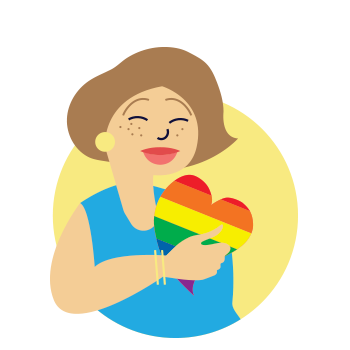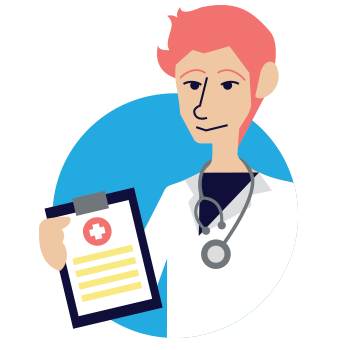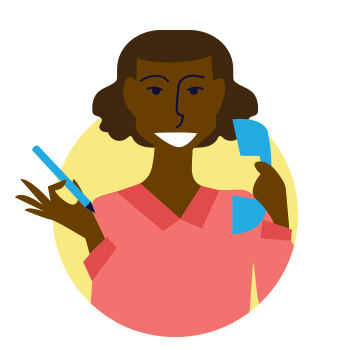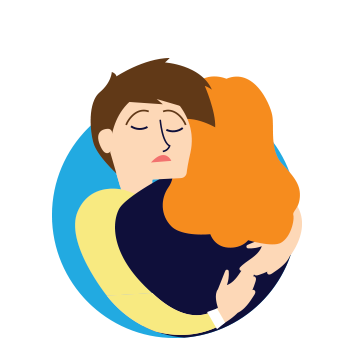Top Issues
We asked individuals to tell us
- The most significant issues that need to be addressed to improve the lives of gender minorities in New Brunswick as a group.
- The most significant problems they have faced in their own lives as gender minorities in New Brunswick in the past 12 months.
Education, Awareness and Acceptance
(A top issue for improving the lives of gender minorities as a group and in individual’s own lives in the past 12 months.)
Of all respondents
Of the 40% above
- 30%talked about challenges in navigating systems and accessing information and services, including information about navigating gender transitioning
- 29%discussed lack of public education and awareness about gender identity and gender diversity
- 26%named stigma, isolation, and lack of acceptance related to lack of education and awareness
- 15%brought up the need for availability of gender neutral / gender friendly spaces, including gender neutral washrooms
Health care
(A top issue for improving the lives of gender minorities as a group and in individual’s own lives in the past 12 months.)
34% of all participants identified healthcare as a top issue for improving the lives of gender minorities as a group and in their own lives in the past 12 months.
In discussing health as a top issue, two main sub issues emerged:
- accessing health supports and services (including mental health services)
- coverage for medical transition.
74% of participants who identified healthcare as a top issue talked specifically about accessing trans-specific healthcare.
Economic Security and Employment
(A top issue for improving the lives of gender minorities as a group.)
Of non-student participants who had full-time job or multiple jobs totaling over 35 hours, 53% indicated having a personal income of $30,000 or less.
Discrimination on Basis of Gender Identity
(A top issue in individuals' lives in the last 12 months.)
When asked if they’d experienced transphobia and/or homophobia or were treated differently because of belonging to a gender minority in the past 12 months, 71% of participants who responded to the question said yes.
* This quote was submitted in French and has been translated.




